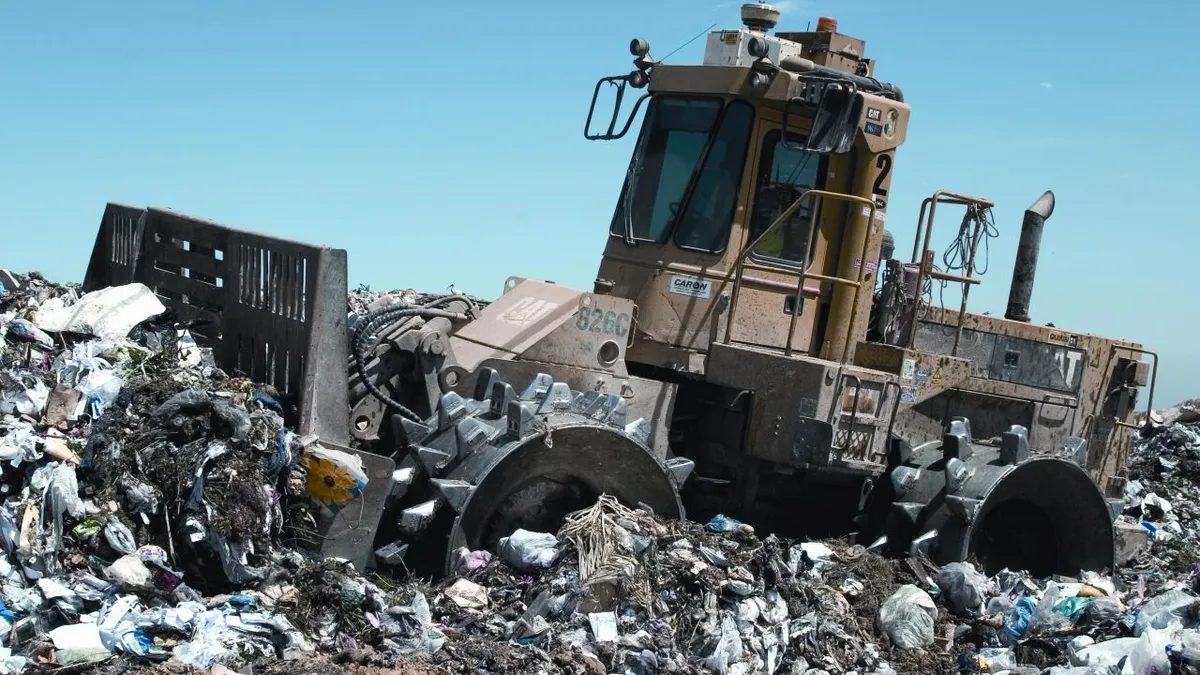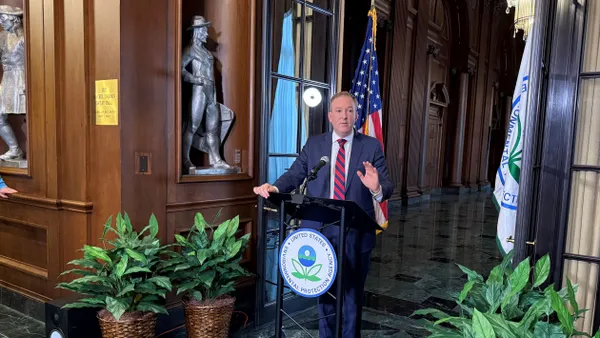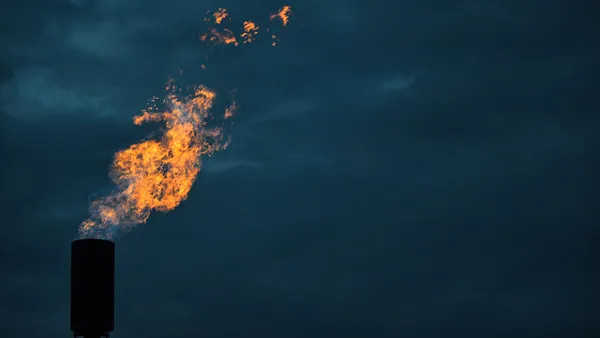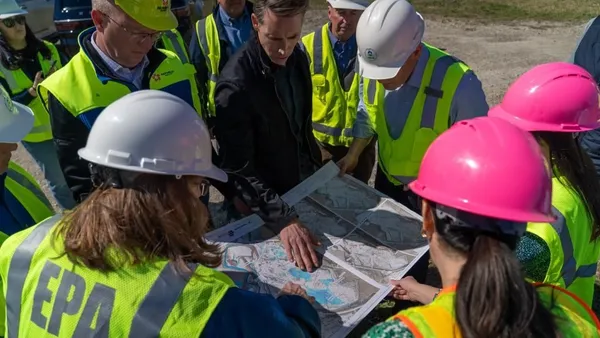Dive Brief:
- The city of Shelton, WA has begun to explore the magnitude of contamination at the Shelton Landfill to identify suitable cleanup options, nearly two years after the project was deemed necessary based on the Washington Department of Ecology’s 2014 assessment.
- A comment period has begun (and runs until March) over the pending project, but it could be two to five years before the cleanup is complete, depending on if contamination is found outside the border of the unlined, unpermitted, open site that burned municipal and industrial trash for years. If no toxins escaped, it may be plausible to simply cap the site and leave it in tact. A rather extensive cleanup will be called for if the contamination has spread.
- The Department of Ecology’s order on how to proceed will follow a state-conducted study, which would likely take two years to complete, according to Jason Landskron, state Department of Ecology cleanup project manager. Meanwhile, a lawsuit brought against the city by Waste Action Project, an environmental group, states the landfill was not properly closed or covered, violating state and federal solid and hazardous waste regulations.
Dive Insight:
Not many people would like a landfill in their backyard, especially one with the problems that Shelton’s seems to have.
There have been lawsuits and debates around the country sparked by concerns about odors, ground and water pollution, among other health and environmental risks. But over time, regulations mandating linings, barriers, and other clearly specified precautionary measures are making them safer places, say their proponents.
The city of Shelton’s landfill was ahead of the time of strictly enforced regulations. And there have been consequences; study findings show dioxin on the site, the result of ash-containing wastewater dumped there, though an EPA study states the substance presents minimal exposure risk.
But Waste Action Project members are not convinced, and their lawsuit states the site contains plenty of other contaminants; furans, PCBs, acetone, pesticides, arsenic as well as metals that contaminate the soil and possibly the dump’s groundwater, to name some of them.
With many unanswered questions, protesters are not happy that the cleanup remains at a standstill.
"We don’t know what the timeline was before but they took 15 years (for an order) and did nothing," said Will Durham, Shelton resident and member of the Waste Action Project. "So I have great concern that multiple events can extend the process."













